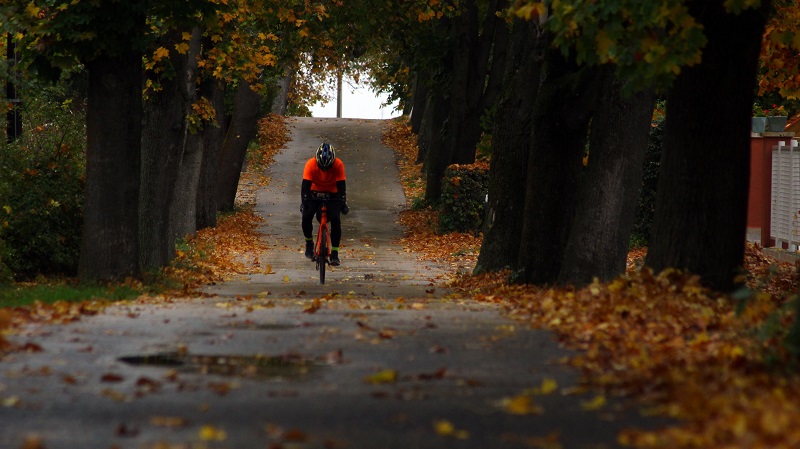
The EU has to commit to modal shift as part of its revised decarbonisation strategy
Decarbonising the European economy is among the biggest challenges of our time, and all main-stream political parties in the EU agree with the overall principle and direction. However, the devil is in the detail: Should the EU stick to its previously agreed objective, reducing Greenhouse Gas (GHG) emissions by 80 – 95 % by 2050 (compared to 1990)? Or should it commit to net zero emissions by 2050? Or even 2045? These questions are pertinent, given that honouring the Paris Agreement, and thus keeping global warming well below 2ºC is the main goal the EU is aiming for.
To figure out just these questions, the European Commission launched a public consultation on its future strategy for reducing greenhouse gas emissions, to which ECF responded.
While the EU managed in 2016 to reduce GHG emissions by 22 %, compared to 1990, the transport sector still saw an increase of about 20 %, with road transport GHG emissions increasing for the third year in a row (2014 – 2016). In other words: transport continues to be the elephant in the room.
ECF feels a holistic approach is needed to address this major challenge. Solely relying on technological advancements and stricter CO2 standards will not suffice. All authorities – from local to European – need to create an environment where the most energy-efficient mode of transport – the bicycle – can thrive. Cycling needs a level-playing field with other modes of transport, most notably regarding infrastructure investments, fiscal and financial incentives, parking regulations, and others, to make sure that we meet our climate change targets.
So far no modal shift targets have been set for short and medium distance passenger trips, the distances at which bicycles are most effective. To be clear, if cycle use across the EU increased by 300 % by 2050 and achieved today’s Dutch level of cycling, an accumulative 550 m tons of CO2 could be saved. This is not some unobtainable vision. France, as recently as September 2018, adopted a national ‘Plan Vèlo’, committing to triple cycle use in just six years by 2024 to 9% of the transport modal split, up from 3% today.
Shift enablers are increasingly out there. The electric bicycle is a game-changer as it removes many barriers of conventional cycling. About 10 million electric bicycles currently populate EU’s roads (state: end 2017), and approximately 2 million units were sold in 2017 alone. If growth continues until 2030 the way it did over the past 3 years, 2030 sales will rise to 12 million units, bringing total stock to 62 million. In combination with safe and attractive infrastructure, such as cycle highways, and shared (e-) bicycles, millions of people across the EU could be enticed into using bicycles more often.
The ECF would like to see the European Commission get strongly ‘on track’ with their GHG emissions strategy, and wholeheartedly endorse the cycling revolution in their position by adopting our three key recommendations:
1. Integrate modal shift from individual motorized transport to cycling in transport GHG emission modelling;
2. Introduce an EU-wide transport modal split objective, both for passenger and freight transport, in the forthcoming European Commission strategy to decarbonise the economy in line with the Paris Climate Agreement;
3. Develop a genuine EU Cycling Strategy based on the 2017 blueprint document ‘EU Cycling Strategy: Recommendations for Delivering Green Growth and an Effective Mobility in 2030’.
The EU needs to demonstrate leadership regarding modal shift, inspiring all other political levels to follow suit, from local to national. Future generations will hold the EU to account on this issue, whether or not it takes the right direction now.
Sources:
- Our full position paper
- The ECF’s Blueprint document for an EU Cycling Strategy
- The EC public consultation on its strategy for long-term EU greenhouse gas emissions reductions
- Plan Vélo [French Language]
News category:
Contact the author
Recent news!
Upcoming events
Contact Us
Avenue des Arts, 7-8
Postal address: Rue de la Charité, 22
1210 Brussels, Belgium









